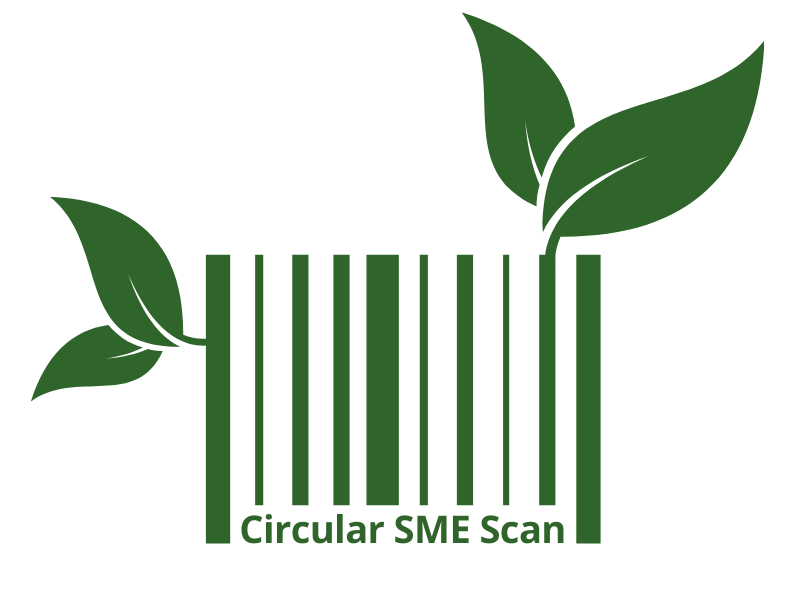Material
learning


CESME project
Description
For many years there has been a take-make-dispose way of living, which is no longer sustainable. Increasing population means increasing demand for resources, which are now becoming scarcer and less accessible. Our way of living has had an impact on the planet with literal mountains of rubbish being created. At the same time, enterprises are under constant pressure to increase growth and competitiveness. EU2020 recognizes the need for a new way of doing things and promotes the principle of the circular economy. In this context, we keep resources in use for as long as possible, extract the maximum value from them whilst in use, then recover and regenerate products and materials at the end of each service life.
Most enterprises realize the need to operate differently, while already facing increasing resource and material costs. However, there are barriers to fully integrating circular economy including 1) a lack of understanding of the circular economy principles, 2) inconsistent legislation and regulations and 3) a lack of finance.
The aim of CESME is:
1) To address and improve the effectiveness and impact of policy instruments, stimulating SMEs to overcome years of conventional production methods and shift towards green innovation – and circular economy at best. More specifically, the project aims to provide policymakers with the knowledge and understanding of the potential within a green economy, while at the same time making them aware of the challenges and barriers that SMEs face in this regard.
2) To examine how regional and local authorities and business development agencies can implement instruments and support packages to assist SMEs to enter the circular economy.
3) Furthermore, CESME provides concrete tools to assist SMEs in approaching a green economy.
Most enterprises realize the need to operate differently, while already facing increasing resource and material costs. However, there are barriers to fully integrating circular economy including 1) a lack of understanding of the circular economy principles, 2) inconsistent legislation and regulations and 3) a lack of finance.
The aim of CESME is:
1) To address and improve the effectiveness and impact of policy instruments, stimulating SMEs to overcome years of conventional production methods and shift towards green innovation – and circular economy at best. More specifically, the project aims to provide policymakers with the knowledge and understanding of the potential within a green economy, while at the same time making them aware of the challenges and barriers that SMEs face in this regard.
2) To examine how regional and local authorities and business development agencies can implement instruments and support packages to assist SMEs to enter the circular economy.
3) Furthermore, CESME provides concrete tools to assist SMEs in approaching a green economy.
Resources
Total 1 Total Suffix

